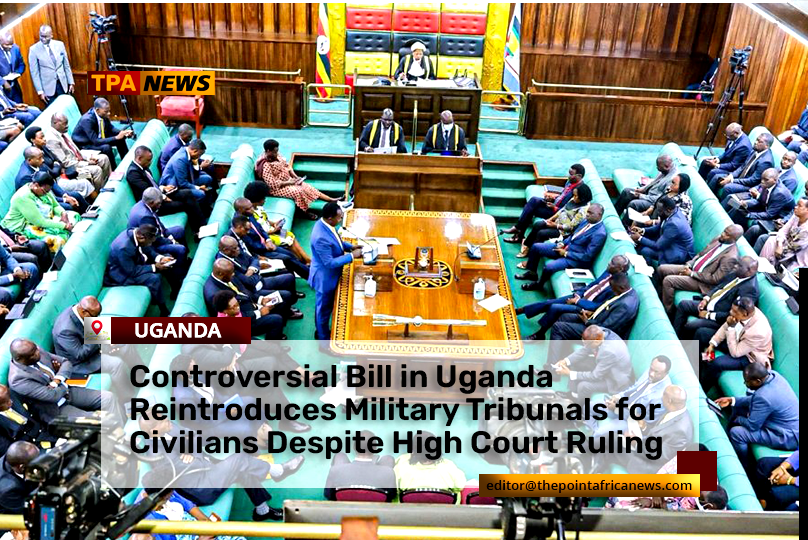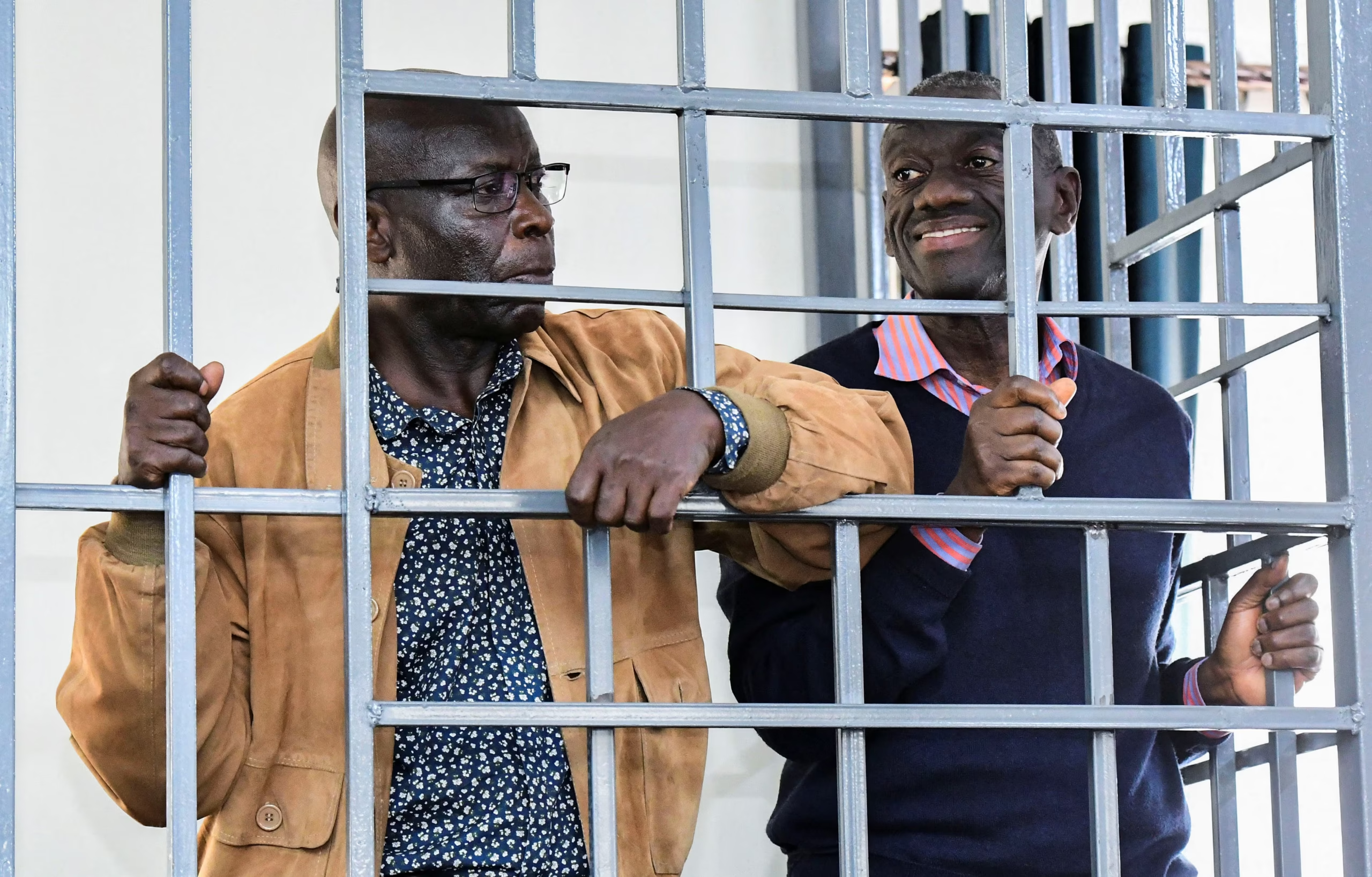By: TPA News Desk | editor@thepointafricanews.com

KAMPALA, Uganda – In a move that has sparked widespread condemnation from opposition figures and human rights activists, Ugandan President Yoweri Museveni has signed into law a controversial amendment that permits military courts to once again try civilians under certain circumstances. This enactment directly challenges a landmark Supreme Court ruling from January 2025 that had declared such trials unconstitutional.
The Supreme Court’s decision earlier this year was hailed by legal experts and human rights organizations as a significant step towards safeguarding fair trial rights. The court had explicitly ruled that military tribunals lacked the legal competence and impartiality to exercise judicial functions over civilians. Prior to that ruling, civilians found in possession of military equipment, such as guns or army uniforms, could be subjected to military tribunals. This practice had long been a point of contention, with activists consistently arguing that the law was weaponized to persecute and silence government critics and political opponents.
Despite the Supreme Court’s clear directive, Ugandan lawmakers, primarily from the ruling National Resistance Movement (NRM), passed the new Uganda Peoples’ Defence Forces (Amendment) Act, 2025, last month. Opposition parliamentarians boycotted the vote, accusing the government of acting in contempt of the Supreme Court and failing to conduct adequate public consultations.
The newly signed law attempts to circumvent the Supreme Court’s objections by outlining “exceptional circumstances” under which civilians can be tried by military courts, including cases involving the “unlawful possession of arms, ammunition, or equipment.” Critics, however, fear this amendment will enable the continued use of military trials to suppress dissent, particularly ahead of upcoming elections.
Human rights groups like Human Rights Watch and Amnesty International have consistently criticized Uganda’s military courts for failing to meet international standards of judicial independence and fairness. They assert that these tribunals often lead to arbitrary detentions and lack transparency, undermining fundamental civil liberties. The signing of this new law sets the stage for further legal challenges and raises significant concerns about the rule of law and the protection of human rights in Uganda.









Leave a Reply